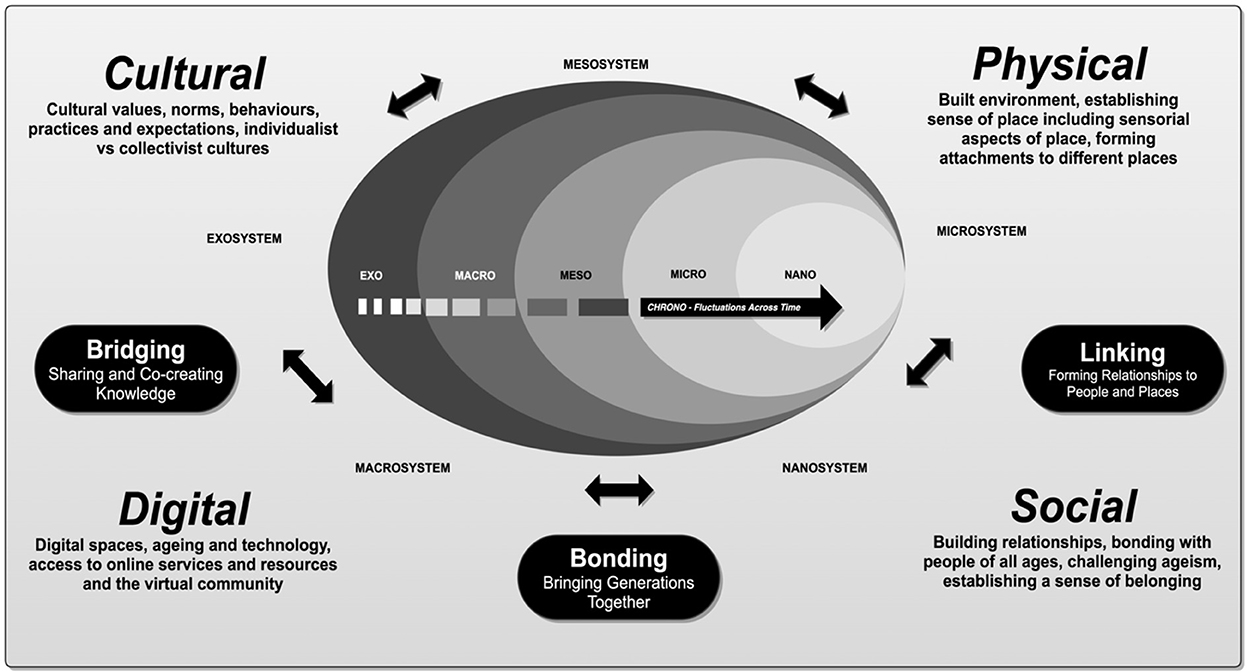Rippl Secures $23 Million in Funding for Virtual Dementia Care Platform Expansion

**Rippl Secures $23 Million in Funding for Virtual Dementia Care Platform Expansion**
In a significant development for the healthcare industry, Rippl, a pioneering mental health company focused on dementia care, has successfully secured $23 million in funding to expand its innovative virtual care platform. This funding round, led by top-tier investors, is set to accelerate Rippl’s mission to address the growing global challenge of dementia care, offering a scalable, tech-enabled solution to meet the needs of millions of patients and their families.
### The Growing Need for Dementia Care
Dementia, a broad term used to describe various conditions that affect cognitive function, including Alzheimer’s disease, is a pressing global health issue. According to the World Health Organization (WHO), over 55 million people worldwide are living with dementia, and this number is expected to rise to 78 million by 2030. The condition not only affects the individuals diagnosed but also places a tremendous emotional and financial burden on caregivers and healthcare systems.
Despite the increasing prevalence of dementia, access to specialized care remains limited. Many patients and their families struggle to find affordable, high-quality care that addresses both the medical and emotional aspects of the disease. This gap in care is particularly pronounced in rural and underserved areas, where there is a shortage of geriatric specialists and mental health professionals.
### Rippl’s Innovative Approach to Dementia Care
Rippl aims to bridge this gap by leveraging technology to provide comprehensive, patient-centered dementia care. The company’s virtual platform offers a range of services, including telehealth consultations, cognitive assessments, behavioral health support, and care coordination. Rippl’s approach is designed to be both accessible and scalable, allowing patients and caregivers to receive expert care from the comfort of their homes.
One of the key features of Rippl’s platform is its focus on behavioral health, a critical but often overlooked aspect of dementia care. Many dementia patients experience behavioral and psychological symptoms, such as agitation, depression, and anxiety, which can be challenging for caregivers to manage. Rippl’s team of specialists, including geriatric psychiatrists and behavioral health experts, work closely with patients and their families to develop personalized care plans that address these symptoms and improve quality of life.
Rippl’s virtual care model also emphasizes caregiver support, recognizing the vital role that family members and other caregivers play in managing dementia. The platform offers educational resources, counseling, and respite care services to help caregivers navigate the complexities of the disease and reduce burnout.
### The $23 Million Funding Round
Rippl’s recent $23 million funding round represents a major milestone for the company and underscores the growing interest in tech-enabled solutions for dementia care. The funding was led by a consortium of investors, including venture capital firms specializing in healthcare innovation and digital health.
According to Rippl’s CEO, the new capital will be used to expand the company’s platform, enhance its technological capabilities, and scale its operations to reach more patients across the United States and beyond. Specifically, the funding will support the development of new features, such as advanced data analytics and artificial intelligence (AI) tools, to improve the accuracy of cognitive assessments and optimize care plans.
Additionally, Rippl plans to use the funding to expand its network of healthcare providers and partnerships with hospitals, clinics, and senior care organizations. By integrating its platform with existing healthcare systems, Rippl aims to create a seamless continuum of care for dementia patients, from diagnosis to ongoing management.
### The Role of Technology in Dementia Care
Rippl’s success is part of a broader trend toward the use of technology in dementia care. Virtual platforms, telemedicine, and AI-driven tools are increasingly being recognized as valuable resources for improving patient outcomes and reducing the strain on healthcare systems.
For example, AI-powered cognitive assessments can help detect early signs of dementia, allowing for earlier intervention and potentially slowing the progression of the disease. Telemedicine enables patients to access care from specialists who may not be available locally, while remote monitoring tools can track changes in a patient’s condition and alert caregivers to potential issues before they escalate.
Moreover, virtual care platforms like Rippl offer a more flexible and cost-effective alternative to traditional in-person care, which can be expensive and difficult to access, particularly for patients in rural or underserved areas. By reducing the need for frequent hospital visits and providing ongoing support at home, virtual care can help lower healthcare costs and improve the overall quality of life for dementia patients and their families.
### The Future of Dementia Care
As the global population ages and the number of dementia cases continues to rise, the demand for innovative care solutions will only grow. Rippl’s successful funding round is a testament to the potential of virtual care platforms to meet this demand and transform the way dementia care is delivered.
With its patient-centered approach, focus on behavioral health, and commitment to caregiver support, Rippl is well-positioned to become a leader in the dementia care space. The company’s expansion will not only benefit patients and caregivers but also contribute to the